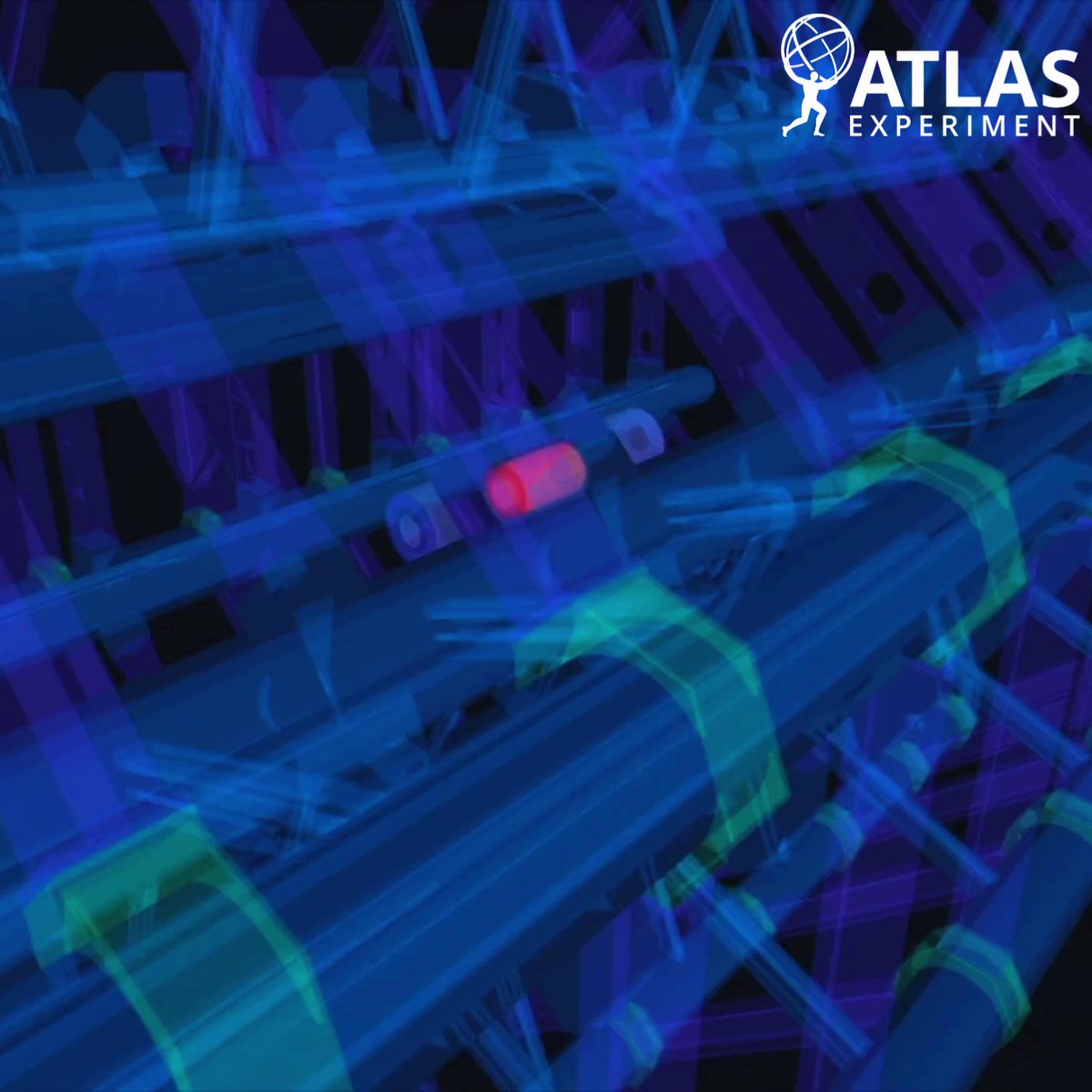Exploring the Significance of the W Boson Mass
The W boson mass is an important topic of study for physicists, as it can provide insight into new physics phenomena. The ATLAS experiment at CERN has released a new measurement of the W boson mass, but what does this mean and why does it matter? Find out more here.

CERN
#CERN, the European Organization for Nuclear Research, is the world's largest particle physics lab, home of the #LHC. French: @CERN_FR

-
Last week, during the #Moriond conference, the @ATLASexperiment at CERN released a new measurement of the #Wboson mass. But what does this mean and why does it matter? Find out! 👇 (1/7) pic.twitter.com/g6fOL1mWNO
— CERN (@CERN) March 29, 2023 -
❓Why is the #Wboson mass so interesting to study?
— CERN (@CERN) March 29, 2023
By comparing direct measurements of the W boson mass to theoretical calculations, physicists are looking for deviations to the #StandardModel of particle physics that could be an indicator of new #physics phenomena. (3/7) -
❓Why is the #Wboson mass so challenging to measure?
— CERN (@CERN) March 29, 2023
ATLAS measures the mass of the W boson from its decay into a lepton and a neutrino. As neutrinos leave no trace, physicists look for signs of “missing energy”, a challenge that requires precise knowledge of the detector. (4/7) -
❓What has ATLAS measured?
— CERN (@CERN) March 29, 2023
The @ATLASexperiment measured the W boson mass to be 80360 MeV, with an uncertainty of just 16 MeV. This new preliminary result revisits ATLAS’ 2017 study of the particle's mass – improving the precision of the measurement by more than 15%. (5/7) -
❓Why does it matter?
— CERN (@CERN) March 29, 2023
In the #StandardModel, the W boson is constrained to weigh 80354 MeV, with an uncertainty of 7 MeV. Any deviation would be an indicator of new physics phenomena. Precise new measurements from #LHC experiments are extremely sensitive to such deviations.(6/7) -
Read more about this new result: https://t.co/aIfUmnJIx5 (7/7)
— CERN (@CERN) March 29, 2023
